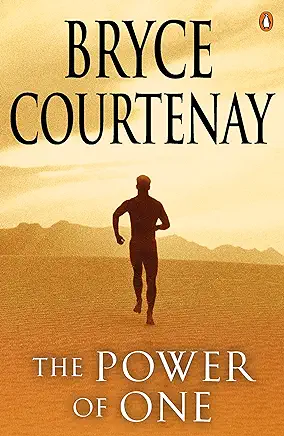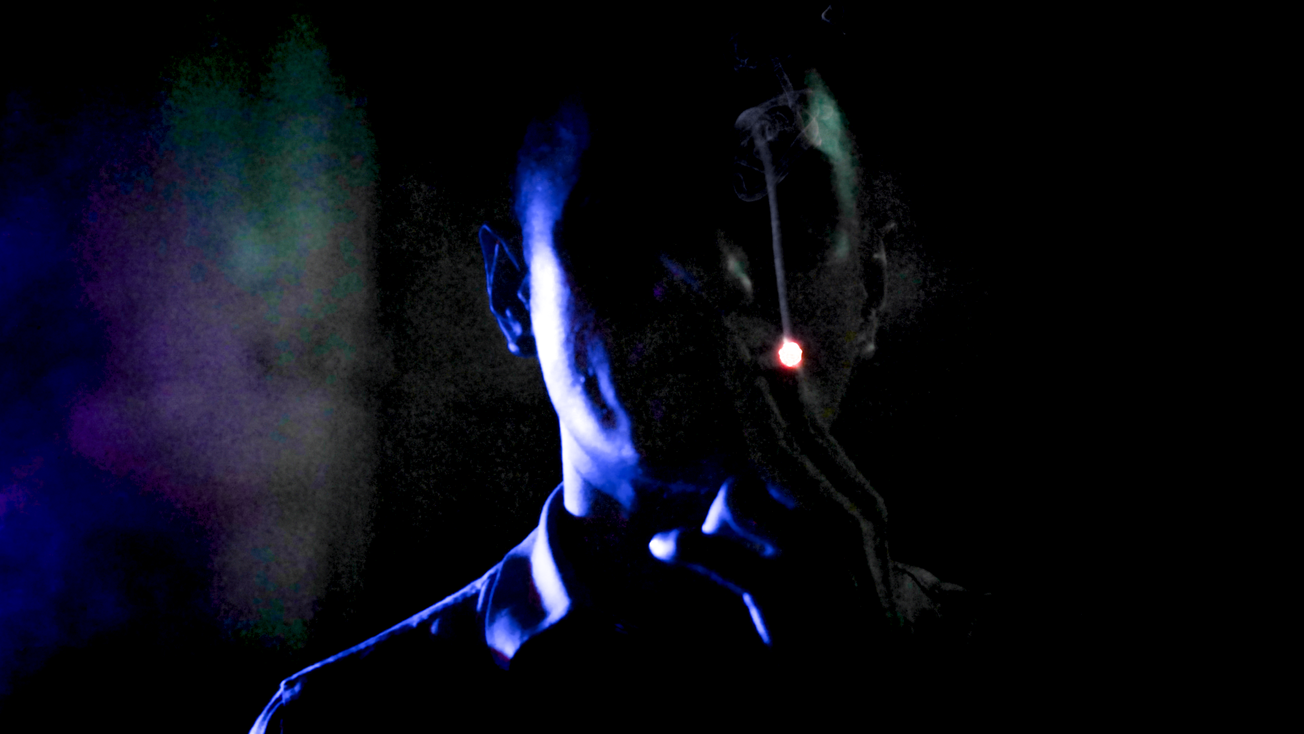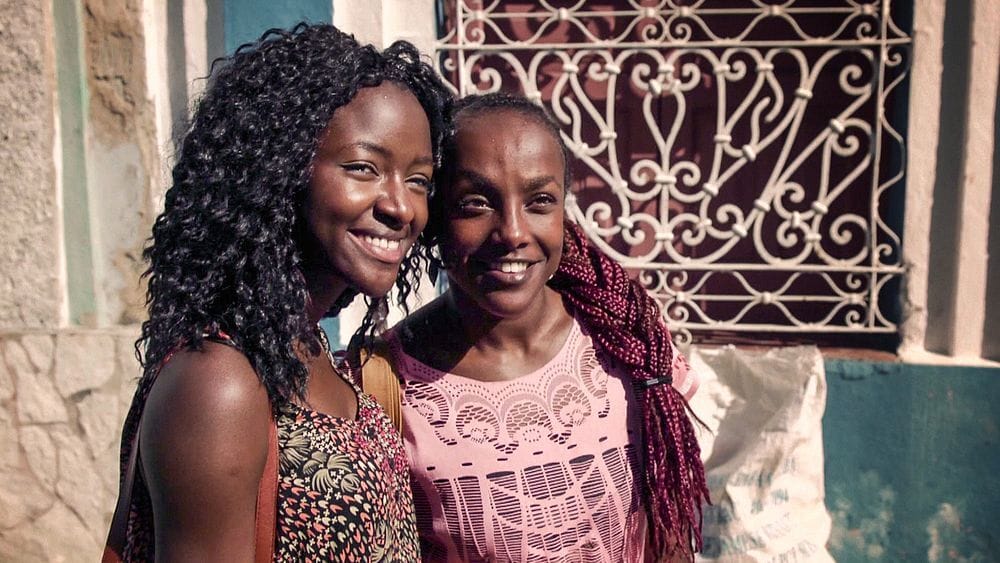Keywords: Climate Justice, Social Justice, Renewable Energy, Colombia, Germany, Gaza. Three words: 'Inspirational', 'Global', 'Documentary'
Introduction
Directed by Amy Miller and released in 2016, 'Tomorrow's Power' is a thought-provoking documentary that takes us on a journey around the globe. It explores the stories of those challenging societal power structures and seeking a future with greater social justice and climate responsibility.
Synopsis
'Tomorrow’s Power' draws us into three different regions, each with its unique challenges and solutions. In Colombia's oil-rich but war-torn Arauca province, we witness local communities striving to establish a peace process from the ground up. In Germany, activists are pushing for the country to complete its transition to renewable energy and abandon fossil fuel extraction entirely. Lastly, in Gaza, healthcare providers are using solar power to overcome daily energy blackouts caused by a decade-long siege, ensuring hospitals can provide adequate care.
More Film Analysis
Analysis
Amy Miller's approach in 'Tomorrow’s Power' is an immersive one, using intimate storytelling and deep research to portray the struggles and victories of those pushing back against traditional power structures. The documentary seamlessly interweaves these global stories, highlighting the interconnectedness of our world and the importance of collective action.
Historical and Factual Context
Each of the regions featured in the documentary has a rich and complex history that informs the current challenges they face. Understanding these historical contexts, from the ongoing conflict in Colombia to Germany's energy transition and Gaza's prolonged siege, enhances our appreciation of the documentary's narratives.
Key themes in the film
- The power of community action
- The need for renewable energy solutions
- The intersection of social and climate justice
Film Comparisons
'Tomorrow's Power' can be compared to other environmental documentaries like 'An Inconvenient Truth' and 'The 11th Hour', but it uniquely focuses on community-led solutions and the connection between social and environmental issues.
Noteworthy Moments
One significant revelation in the documentary is the resilience and innovation of the people of Gaza, who are using solar power to combat persistent energy blackouts and ensure vital healthcare services.
Reviews
This documentary was well-received by audiences and critics alike. Viewers praised its insightful exploration of global issues and its inspiring portrayal of community-led action. Critics lauded its depth of research and effective storytelling.
Conclusion
'Tomorrow's Power' is an important watch for anyone interested in environmental and social justice. It provides a hopeful perspective on the potential for change when communities come together to challenge traditional power structures.
More film information:
FILM SUMMARY
- IMDB score: 9.3
- Rotten Tomatoes score: N/A
- Metacritic score: N/A
- Film festival awards: 1 win
PERSONALITIES
- Amy Miller: Director
- Communities of Arauca province, Colombia
- Activists in Germany
- Health practitioners in Gaza
LOCATIONS
- Arauca province, Colombia
- Germany
- Gaza
Key Questions Raised by the Film:
- How can local communities challenge traditional power structures?
- What role does renewable energy play in social and climate justice?
- How are people around the world addressing these issues in innovative ways?
Links for Further Exploration:
I wonder what the film would be in another art form



- If this film was a famous book, it would be 'The Power of One' by Bryce Courtenay for its focus on individual resilience and collective action.
- If this film was a famous song, it would be 'Imagine' by John Lennon for its vision of a better world.
- If this film was a famous piece of art, it would be Picasso's 'Guernica' for its depiction of the struggles and resilience amid conflict.
- If this film was a famous celebrity, it would be Malala Yousafzai for her advocacy for education and peace.
- If this film was a color, it would be green, symbolizing hope and environmental consciousness.
- If this film was a music style, it would be folk music, known for its storytelling and messages of social justice.








